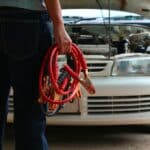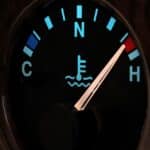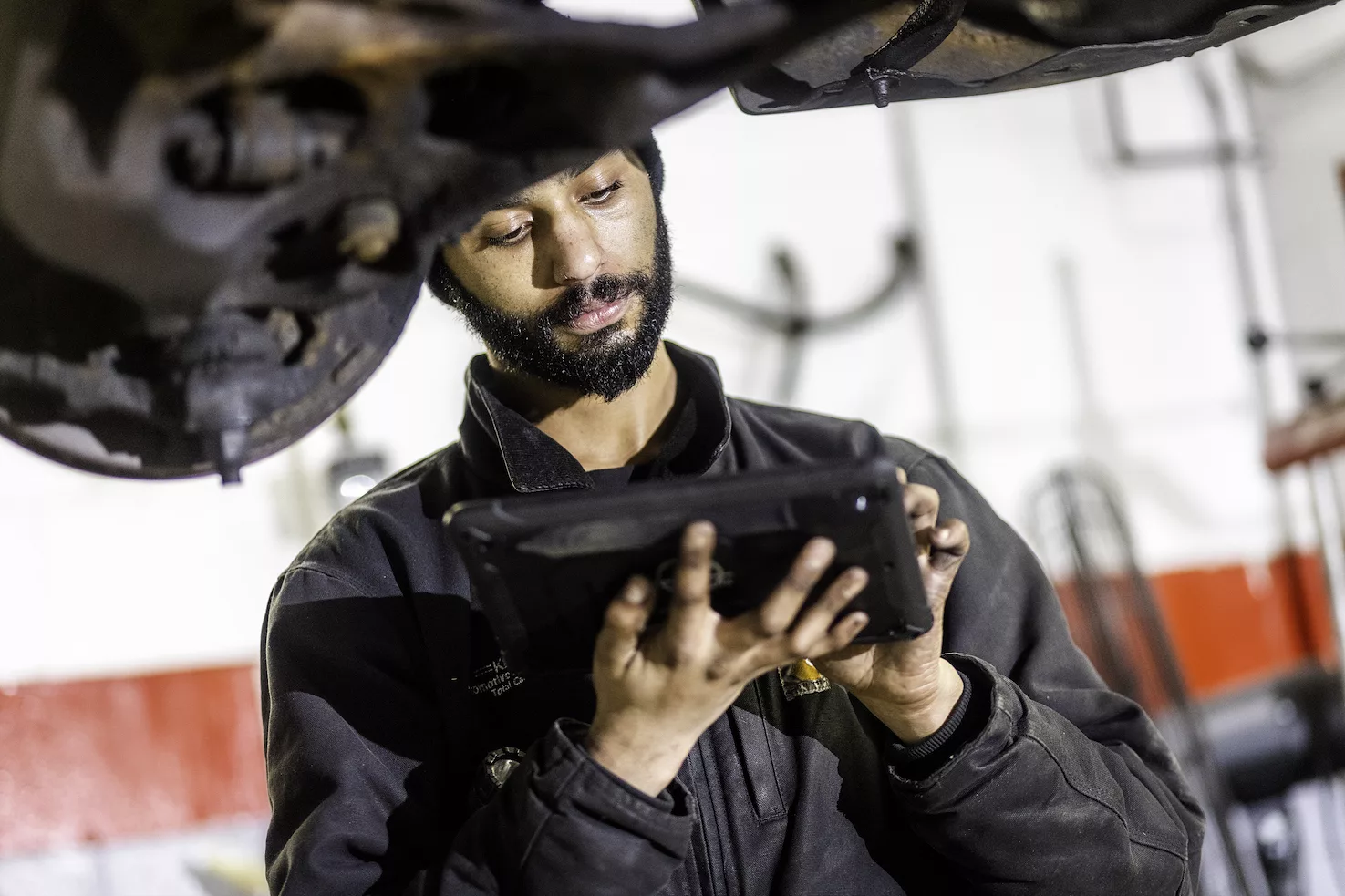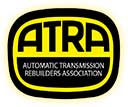Your vehicle’s braking system is one of the most important safety features, and keeping it in good condition is essential for your safety on the road. However, due to regular use, brakes will wear down over time, and it’s crucial to recognize the signs that it’s time for a replacement. Ignoring worn-out brakes can lead to dangerous driving conditions and costly repairs.
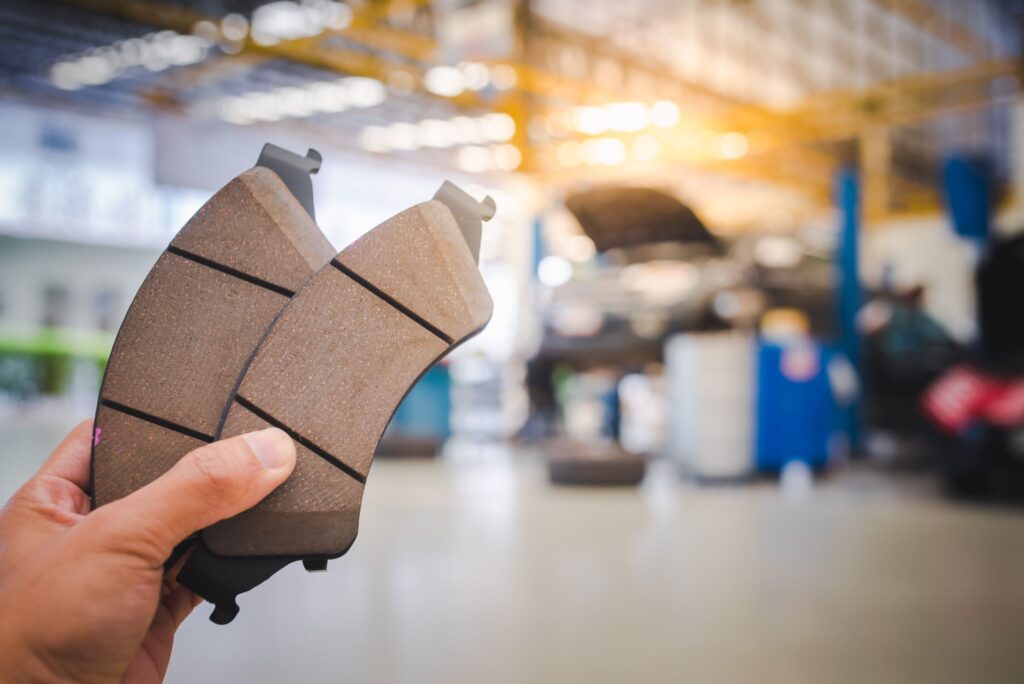
Squealing or Screeching Noises
One of the most common signs that your brakes need attention is a high-pitched squealing or screeching noise when you apply the brakes. This sound is often caused by worn brake pads. Most brake pads are equipped with wear indicators,which produce this noise when the pads are nearly worn out.
If you hear this sound regularly, it’s a sign that your brake pads need to be replaced soon. Ignoring this noise can lead to further damage, such as worn rotors, which can be more expensive to fix.
Grinding Sound When Braking
If you hear a grinding or growling noise when you press the brake pedal, it’s a sign that your brake pads are completely worn down and the metal components of the brakes are rubbing against each other. This can cause significant damage to your rotors and other parts of the braking system.
When you reach this point, it’s not just about replacing the brake pads anymore—you may also need to resurface or replace the rotors. Don’t wait until you hear grinding; replacing your brake pads early can save you from more extensive (and costly) repairs.
Vibrations in the Brake Pedal or Steering Wheel
If you notice vibrations or pulsations when you apply the brakes, this could indicate warped rotors. When rotors become uneven due to excessive heat or wear, the brake pads can’t grip them smoothly, causing vibrations.
While rotors can sometimes be resurfaced to correct the issue, severely warped rotors will need to be replaced. Vibrations while braking are a clear sign that your braking system needs immediate attention.
Longer Stopping Distances
If you notice that your vehicle takes longer to stop than it used to, this is a major red flag. This could be due to worn brake pads, air in the brake lines, or other issues within the braking system. Reduced braking performance puts you at greater risk of accidents, especially in emergency situations.
If your car isn’t stopping as quickly as it should, bring it in for a brake inspection as soon as possible to determine the cause and replace any necessary components.
Brake Warning Light Comes On
Many modern vehicles have brake warning lights on the dashboard to alert you when there’s an issue with your brakes. If the brake light comes on, it’s important to have your vehicle inspected right away. The warning light could indicate a variety of problems, from low brake fluid to worn brake pads, but it’s always better to err on the side of caution when it comes to your brakes.
Soft or Spongy Brake Pedal
If your brake pedal feels soft or spongy when you press it, this could indicate a serious problem, such as air or moisture in the brake lines or a failing brake master cylinder. A spongy brake pedal can drastically reduce your vehicle’s stopping power, making it unsafe to drive.
If you experience this, it’s essential to have your brakes inspected immediately to diagnose the issue and ensure your safety on the road.
Trust Ken’s Automotive & Transmissions for Your Brake Replacement Needs
Your brakes are vital to your safety, and recognizing the signs that it’s time for a replacement can prevent accidents and costly repairs. At Ken’s Automotive & Transmissions, we provide expert brake inspections and replacements to keep your vehicle running smoothly and safely. Contact us today to schedule a brake inspection and ensure your vehicle is in top condition.



